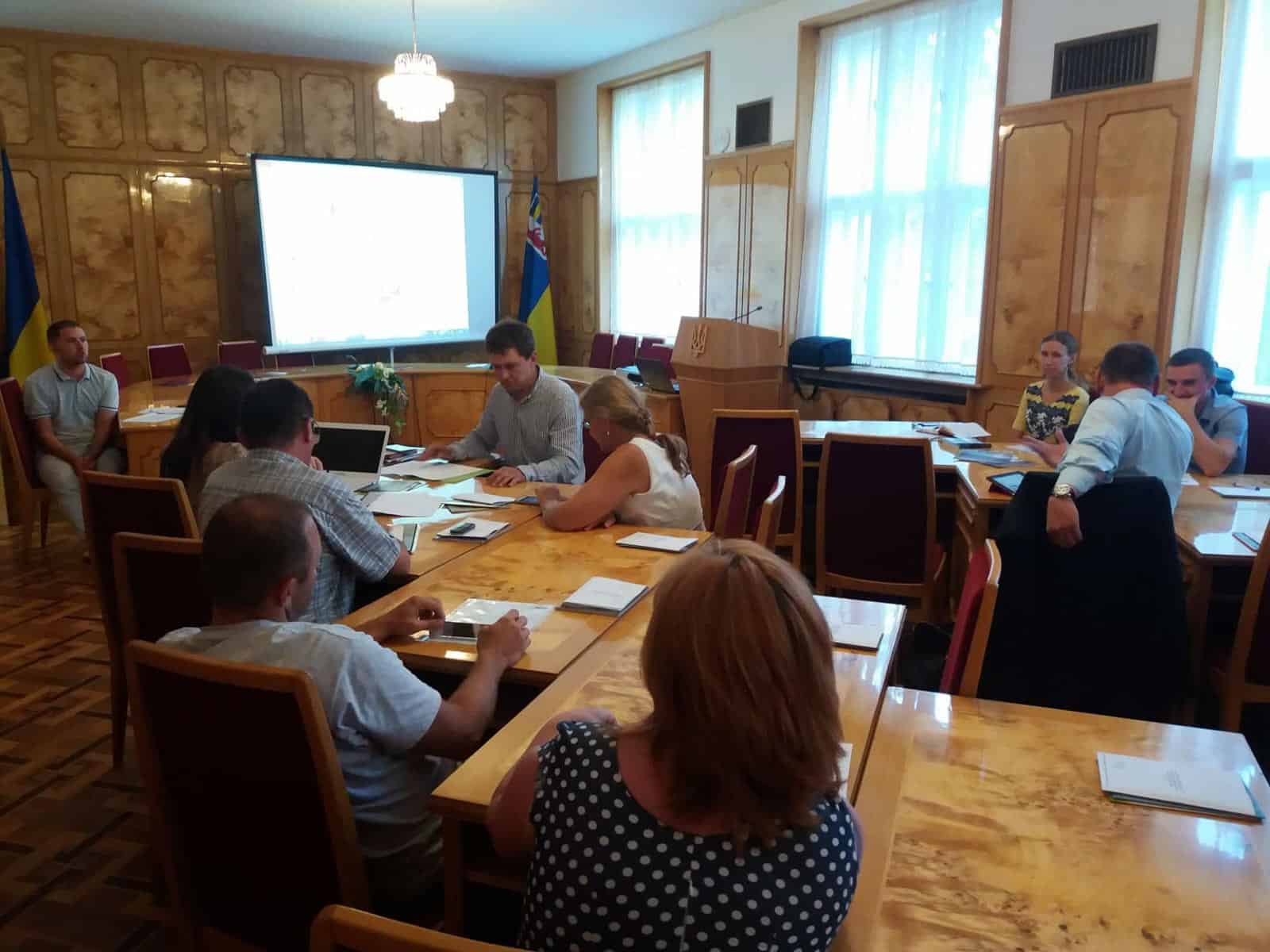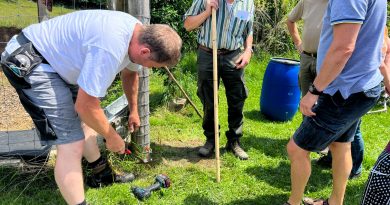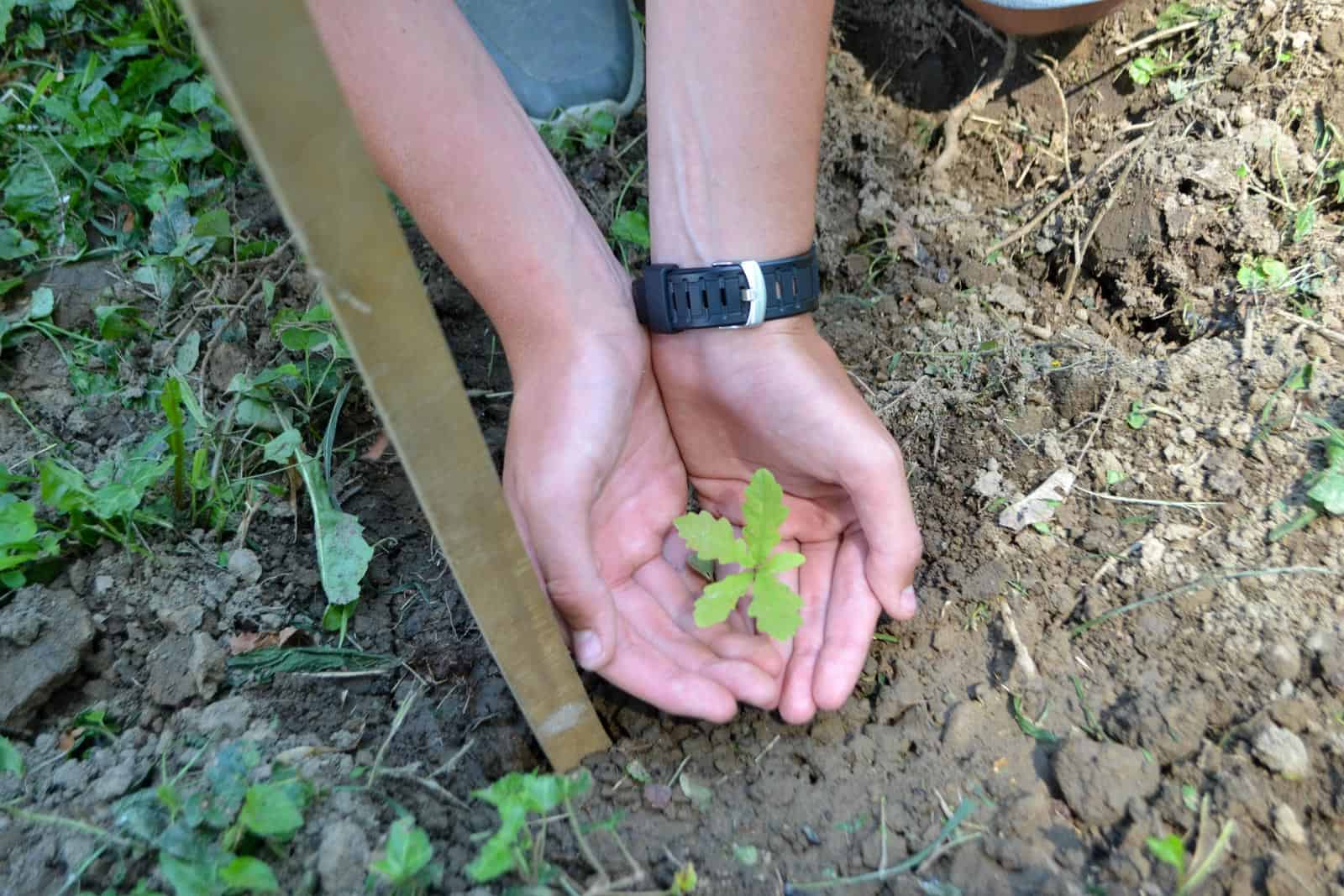Trash is everywhere
I have now lived in Tamsweg and worked for the European Wilderness Society for almost three months. Because I have to take care of our German websites about livestock protection and forests, I haven´t contributed much to this website yet. But after some of my colleagues already wrote about their life in Tamsweg, now it´s my turn. My colleagues have already described the beauty, inspiration, relaxation and fun, which the Lungau offers. They have done it so well and comprehensively that I won´t even attempt to compete with that. Instead I want to write about a problem that affects the Lungau just like most other regions in the world: (plastic) trash.
If you want to know more about the everyday life of our volunteers, check out our Wilderness Diary.
Ziva recently wrote about her nightly hiking trip and Hanna told us how the Lungau inspires her.
Even though mass production of plastic has only started decades ago, it took the world by storm. It is not biodegradable, which means it must be burned or it exists for hundreds of years. So, most of the plastic ever produced still exists, often in uncontrolled landfills. Today plastic pollution is everywhere.

Everyone knows the pictures of South-Asian beaches so full of plastic that you can barely see the sand. Beaches are especially impacted, because plastic left behind anywhere is carried into waterways and ends up in the oceans of the world. Eventually it´s washed ashore somewhere in the world. But it´s not only beaches and landfills in third world countries, where rich nations offload their unrecycled plastic. Almost every region in the world that is regularly visited by men is polluted with plastic and other trash.
More people = more trash
The Lungau is one these regions. Luckily there is not as much trash here as in other parts of the world, because we have a working waste disposal system. But that does not mean plastic pollution is not a problem here. The Lungau is popular for hiking, mountain biking and other outdoor activities. Although I recommend everybody to spend as much time as possible outdoors, unfortunately more visitors generally mean more trash. The forests and alpine meadows are beautiful and appear to be “clean” from far. But along trails and resting places, you regularly encounter trash. Be it candy wrappers, plastic bottles or long lasting biodegradable trash like banana peels or fruit pits.
Naturally, there is no regular trash collection in the mountains, so especially during the hiking season everything left behind by visitors accumulates. This is not only aesthetically unpleasant, but also a danger to wildlife. In nature, there is nothing like plastic, almost everything is organic and can be digested. Animals do not know what to do with plastic, if it looks or smells like food, they have to assume it is, so they eat it. Many examples have shown how easily animals can die from plastic blocking their stomach. And if they don´t directly die from it, it accumulates in the food chain with unknown risks.
Respect nature!
Luckily, countries are moving forward by forbidding single-use plastic bags and big companies are ruling out useless plastic packaging. But reducing plastic use in the future is not enough. We have to make sure plastic doesn´t end up in nature. And we must remove and recycle trash, which is already polluting nature. For these reasons we have launched Respect Nature, where everybody can learn how to behave in nature and what to do with your trash, when you go into Wilderness.









